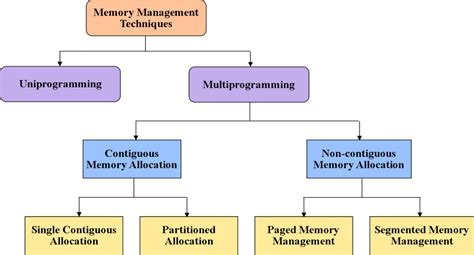Memory management in programming has always been a critical aspect, with memory leaks posing a significant threat to code quality and performance. User comments showcase the ongoing debate between manual memory management and garbage collection, highlighting the trade-offs between control and convenience.
Discussions around topics like RAII (Resource Acquisition Is Initialization) and static analysis reveal the intricacies of memory handling in various languages. Commenters point out the importance of understanding memory policies, ownership rules, and the impact on code complexity and reliability.
Experiences shared by users shed light on real-world scenarios where memory leaks and memory-related bugs led to substantial losses and operational challenges. From anecdotes of failed printer drivers causing multimillion-dollar losses to the intricacies of managing memory in large-scale systems, the comments offer a glimpse into the complexities of memory management in the industry.
The divide between advocates of manual memory management and proponents of garbage collection reflects the broader spectrum of challenges faced by developers aiming to maintain efficient, reliable, and scalable software systems. The delicate balance between performance optimization and ease of development remains a key consideration in modern software engineering.
Overall, the discourse on memory management encapsulates a multidimensional realm of considerations, ranging from technical intricacies to real-world implications. As the software landscape continues to evolve, the quest for optimal memory handling strategies persists, underlining the critical role memory management plays in shaping the success of software projects.


Leave a Reply